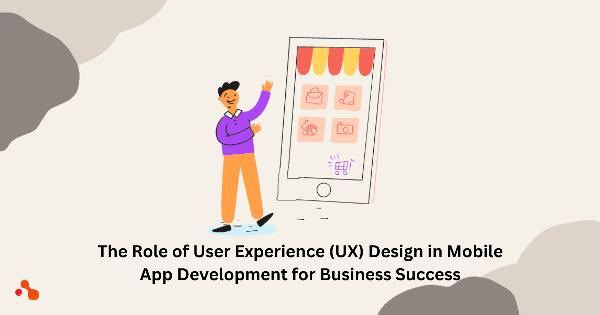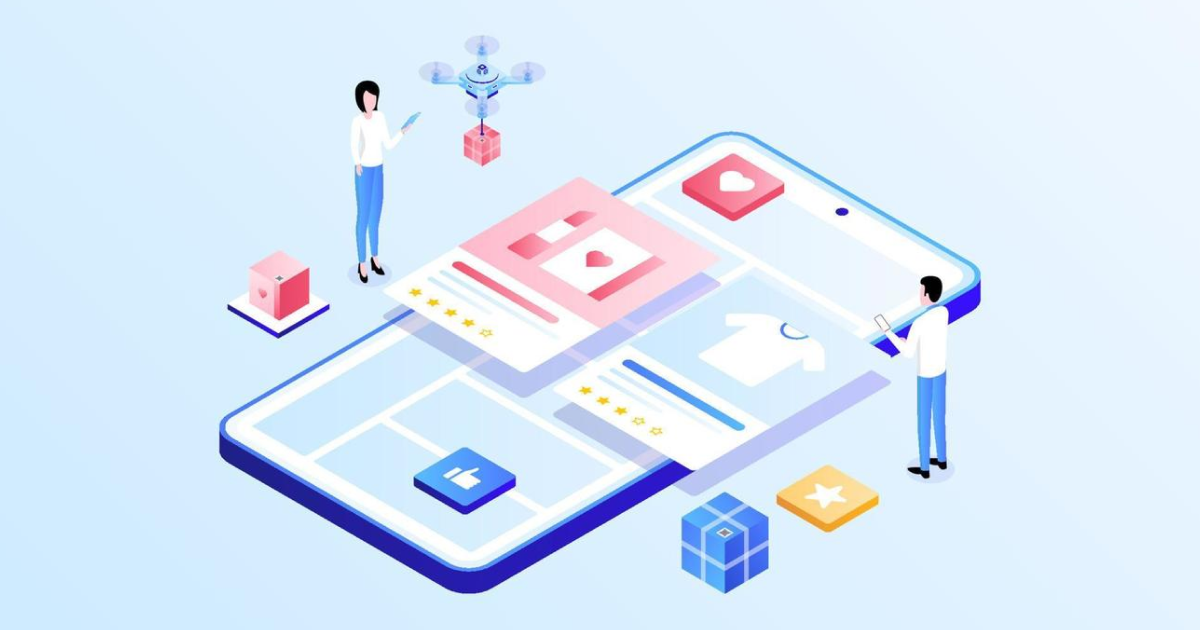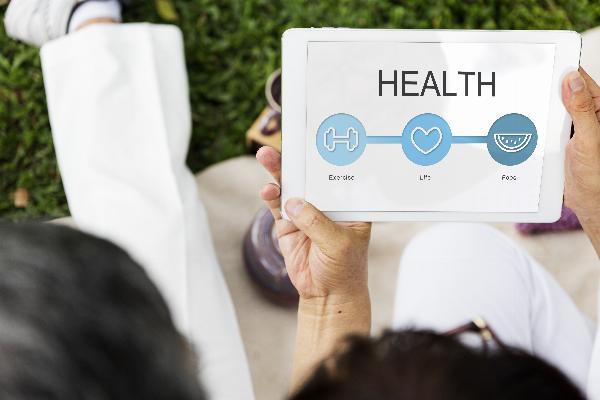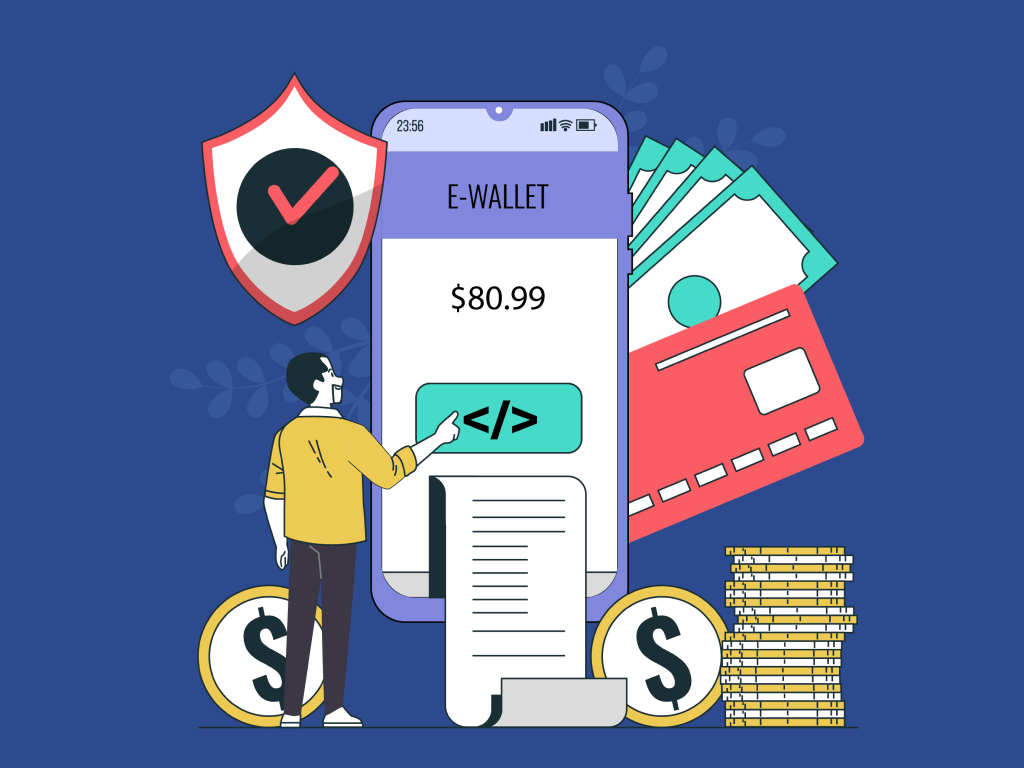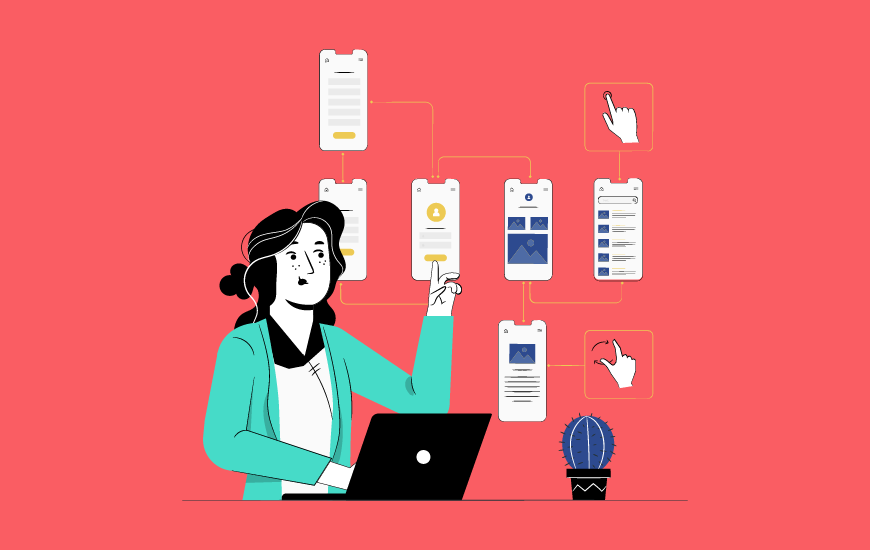 Social Media Content Packs – Stay Active Without Lifting a Finger!
Social Media Content Packs – Stay Active Without Lifting a Finger!
The Role of AI in Telemedicine App Development
Written by roniemorgan » Updated on: June 17th, 2025

As I delved into the evolving world of healthcare technology, I noticed that artificial intelligence (AI) has been making an extraordinary impact on telemedicine. It’s truly fascinating how AI is transforming telemedicine app development to bring healthcare to our fingertips. In this article, I’ll share what I’ve found from my research about how AI is shaping the future of telemedicine, the benefits it brings, and why it’s become essential for any telemedicine app development company to integrate AI into its solutions.
Understanding Telemedicine and AI
To start with, telemedicine is essentially the use of digital platforms to provide healthcare services remotely. It connects patients and healthcare professionals regardless of location, offering a level of convenience and accessibility that has become even more important in recent years. AI, on the other hand, refers to the ability of machines to perform tasks that usually require human intelligence, like decision-making, data analysis, and pattern recognition.
AI has the potential to analyze vast amounts of data, predict patient needs, and even personalize medical care based on individual patient histories. This blend of AI and telemedicine is driving significant advancements in telemedicine app development, enabling healthcare providers to deliver efficient, effective, and more personalized care.
The Growing Role of AI in Telemedicine
Enhancing Diagnostics and Predictive Analysis
One area where AI is truly revolutionizing telemedicine is in diagnostics. Based on my research, I found that AI-powered telemedicine apps can assist doctors in diagnosing conditions more accurately and at an earlier stage. Through machine learning algorithms, these apps can analyze symptoms and patient history, compare them with vast medical data sets, and provide preliminary diagnostic suggestions.
Predictive analysis is another AI capability that has brought immense value to telemedicine app development services. For example, AI can predict potential health risks based on patterns in a patient's health history and suggest preventive measures. According to recent data, the use of AI in predictive healthcare has improved patient outcomes by up to 20% on average, allowing doctors to offer proactive care.
Automating Routine Tasks with AI
Automation in telemedicine app development can help reduce the workload on healthcare providers by handling routine tasks. For example, AI-powered chatbots can answer common health questions, schedule appointments, and provide medication reminders. This level of automation allows healthcare providers to focus more on complex cases, which ultimately improves the quality of care.
Many telemedicine platforms today employ chatbots powered by natural language processing (NLP) to enhance user interaction. I came across data showing that these AI chatbots can answer up to 80% of common patient queries, which significantly improves response time and patient satisfaction.
Remote Monitoring and Virtual Assistance
AI’s role in remote monitoring is one of the most interesting developments I came across in telemedicine app development. With wearable devices and IoT (Internet of Things) integration, telemedicine apps can collect real-time health data from patients, such as heart rate, blood pressure, and blood glucose levels. AI algorithms can then analyze this data to monitor patients continuously, especially those with chronic conditions.
For instance, AI algorithms can detect abnormalities in vital signs and send instant alerts to healthcare providers. This capability enables quick intervention, which can prevent complications and even save lives. It’s estimated that continuous remote monitoring reduces hospital readmissions by nearly 40% for patients with chronic diseases.
Personalizing Patient Care
One of the key aspects I found in telemedicine app development is the growing emphasis on personalized healthcare. AI makes this possible by creating tailored treatment plans based on individual patient data. AI can analyze lifestyle, genetic factors, and medical history to recommend the most effective treatment options.
With such personalized care, patients feel more engaged, and the adherence to treatment improves significantly. Personalization not only boosts patient satisfaction but also leads to better health outcomes. Some studies suggest that personalized treatment plans developed through AI-driven data analysis can improve patient compliance by nearly 50%.
Data Security and Privacy with AI
Data privacy is a major concern in healthcare, especially when dealing with sensitive medical information. AI has stepped up in ensuring secure data handling in telemedicine platforms. By using advanced encryption algorithms and continuous monitoring for unauthorized access, AI helps protect patient data.
Many telemedicine app development companies are integrating AI-based security features to detect and counter cybersecurity threats. AI can even recognize unusual patterns in data access, which may indicate a potential breach, and take preventive actions. With cybersecurity incidents in healthcare rising over the past years, it’s clear that AI’s role in enhancing data security is invaluable.
Challenges in Implementing AI in Telemedicine
Of course, as promising as AI is, incorporating it into telemedicine is not without challenges. I discovered that one of the main issues is the cost. Developing AI-driven telemedicine solutions requires significant investment in both technology and talent. However, the long-term benefits in patient outcomes and operational efficiency often make this investment worthwhile.
Another challenge lies in data accuracy and bias. AI algorithms are only as good as the data they’re trained on. If the data used for training AI models is biased, it can lead to inaccurate results, which may impact patient care. That’s why telemedicine app development companies must prioritize using diverse and high-quality data to ensure the effectiveness of AI solutions.
Benefits of AI-Driven Telemedicine Apps
Based on my experience researching this topic, here are some of the key benefits AI offers in telemedicine app development:
Improved Patient Outcomes: AI-driven telemedicine solutions enable faster, more accurate diagnosis and treatment recommendations, which improve patient outcomes significantly.
Cost Savings: By automating routine tasks and providing remote care, AI can help reduce operational costs for healthcare providers.
Higher Efficiency: AI algorithms streamline processes like scheduling, record-keeping, and remote monitoring, allowing healthcare professionals to manage more patients efficiently.
Better Accessibility: AI-powered telemedicine apps can bridge the gap for underserved populations by providing remote access to quality healthcare.
The Future of AI in Telemedicine App Development
As I see it, AI is only going to expand its role in telemedicine. Future AI developments in telemedicine app development will likely focus on more advanced predictive capabilities, more robust data security, and improved patient engagement. Imagine a telemedicine app that not only connects you with a doctor but also acts as a proactive health advisor, analyzing your health trends and providing personalized wellness advice.
In fact, some data suggests that the AI healthcare market is expected to grow by nearly 50% annually over the next five years, reaching over $100 billion by 2030. This growth underscores how much the healthcare industry values AI and its potential to reshape patient care.
Conclusion
The integration of AI in telemedicine app development is transforming the way we receive healthcare. From diagnostics and predictive analysis to personalized care and automation, AI is enhancing the effectiveness of telemedicine apps in remarkable ways. As a telemedicine app development company, it’s essential to recognize these trends and prioritize AI integration to stay competitive and provide the best possible services to clients.
Through my research, I found that the benefits of AI in telemedicine go beyond just operational improvements—they extend to patient outcomes, cost savings, and greater accessibility. With the continued advancements in AI, I believe we’re heading toward a future where telemedicine apps will provide not only remote consultations but also comprehensive health management.
Note: IndiBlogHub features both user-submitted and editorial content. We do not verify third-party contributions. Read our Disclaimer and Privacy Policyfor details.
Copyright © 2019-2025 IndiBlogHub.com. All rights reserved. Hosted on DigitalOcean for fast, reliable performance.


